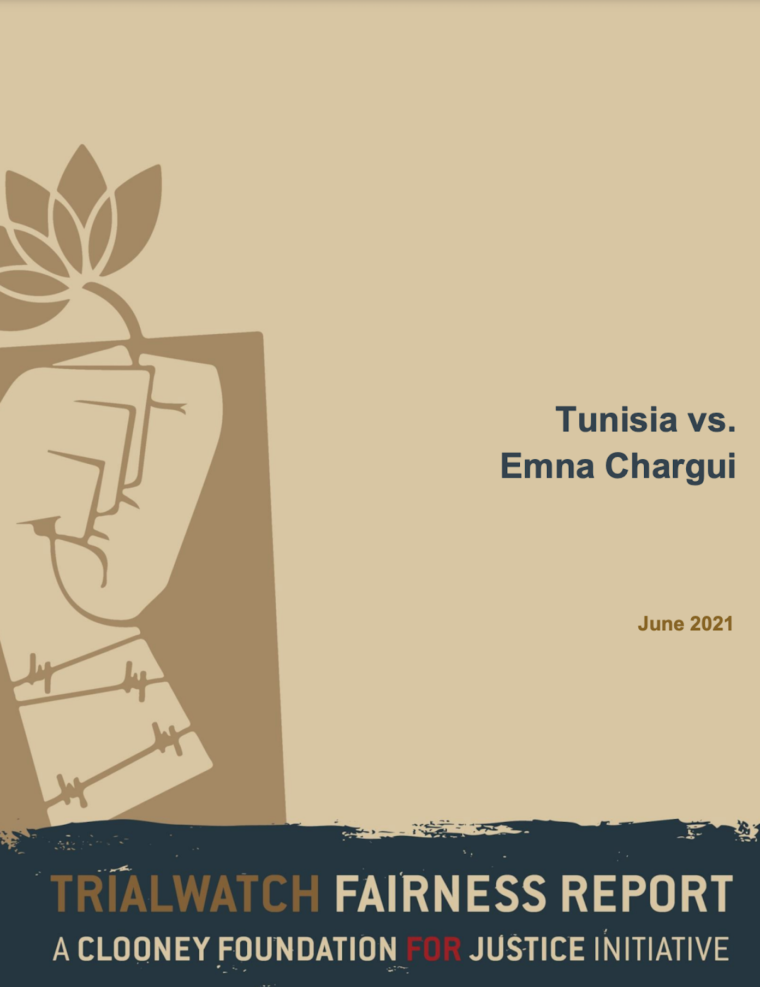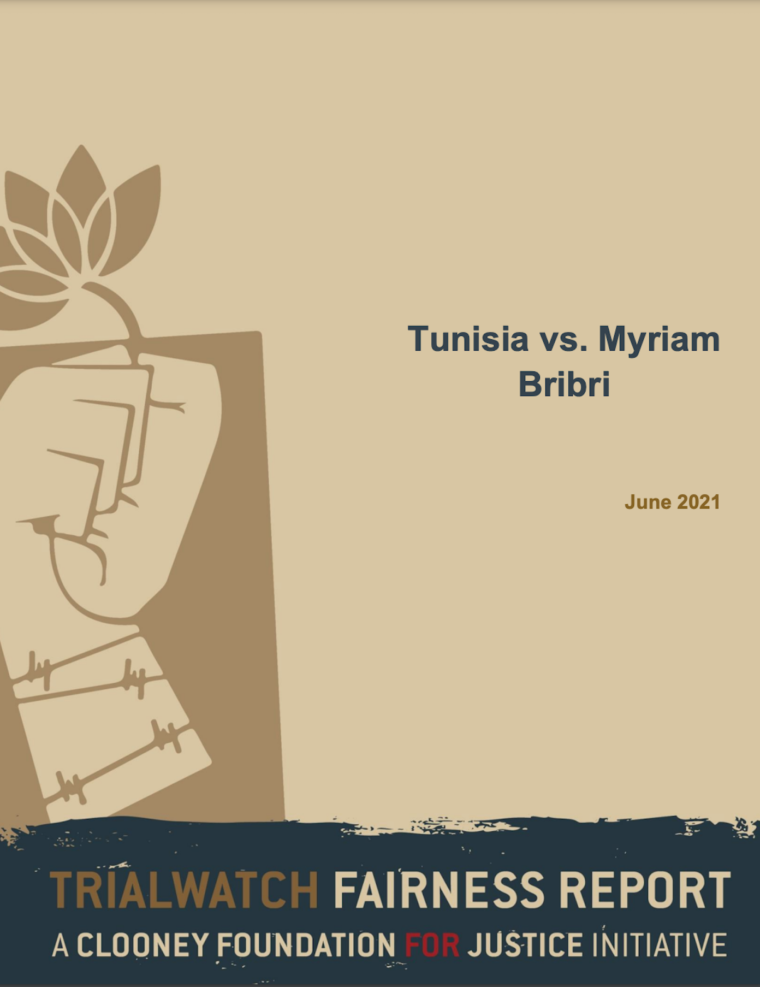In Tunisia, vague laws have been used to criminalize online speech, criticism of public officials and institutions, or the expression of views about sensitive issues such as religion. In an investigation into so-called morality crimes, TrialWatch and Waging Justice for Women are working with local partners to investigate and challenge the widespread use of morality prosecutions to control and criminalize women based on discriminatory gender stereotypes.

TrialWatch is also monitoring the use of over-board electronic communications laws, building on its work in other countries such as Malaysia and Uganda.
Two TrialWatch reports on cases against Tunisian bloggers, Emna Chargui and Myriam Bribri illustrate the trend of criminializing online speech and silence criticism of government officials. Chargui was convicted of “inciting hatred between religions through hostile means or violence” and “infringing an authorized religion” for re-posting a short satirical poem on Facebook. Bribri was prosecuted and convicted of “offending security officials” for reposting and commenting on a video depicting police brutality. Read more about her case below.




